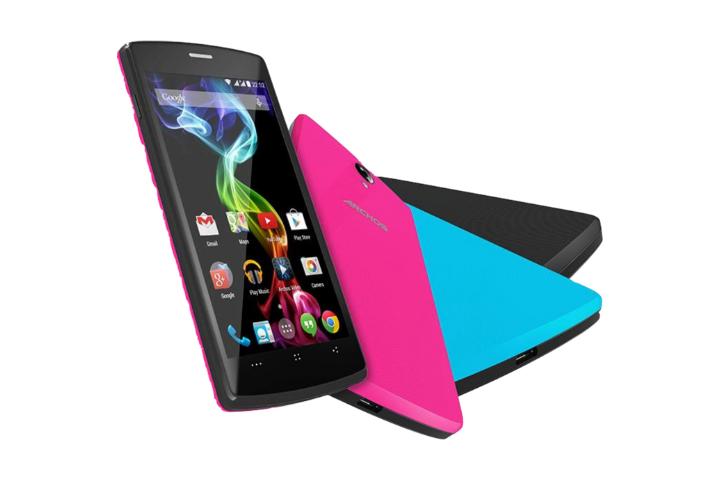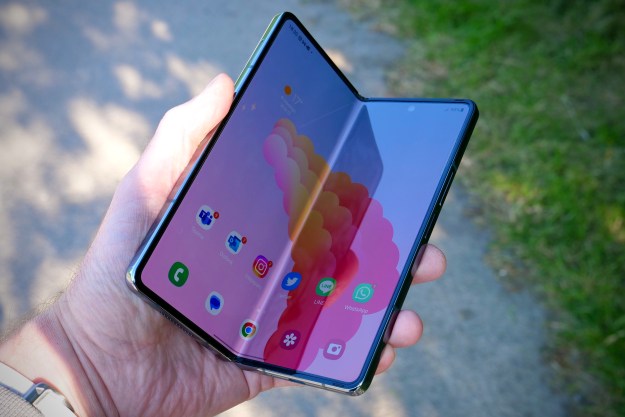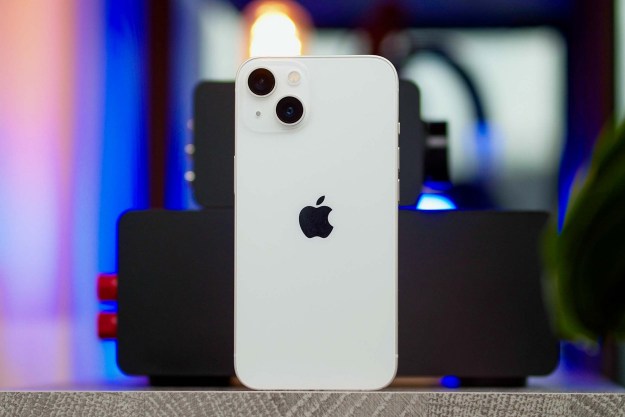
We’ll start with the Windows offerings. The first is a smartphone with Windows Phone 8.1 installed, and it’s the debut device of its type for the manufacturer. It’s not looking to compete with high-end hardware though, and is keeping both the spec and the price incredibly modest. It’s called the Archos 40 Cesium, and features a 4-inch touchscreen, a quad-core Snapdragon 200 chip, and a choice of colors.
Related: Everything we know about Windows Phone 8.1
Archos hasn’t told us much else, so the camera and screen resolution are a mystery. However, if the spec sheet matches the similar Android-based 40b Titanium, it’ll be 480 x 800 and 5 megapixels respectively. We do know how much it’ll cost though, and it’s just £80, or around $130, putting it in the Lumia 530’s lucrative territory. The other Windows device is the 80 Cesium Tablet, which runs Windows 8.1, shown on an 8-inch, 720p IPS display. Inside is a quad-core Intel processor, and the price is set at £130, or $215.
The Archos 50b Platinum is an Android smartphone with a large, 5-inch IPS screen and a quad-core processor, plus an 8-megapixel camera on the rear. Archos has been a little more forthcoming with the specs on this one, adding it has a 2-megapixel selfie cam, and dual-SIM support. Android 4.4 KitKat will be installed, and the package will include an 8GB MicroSD card and three different colored rear panels.
Finally, Archos has revealed the 101 Oxygen, a 10.1-inch, 1080p Android tablet with a quad-core processor, 1.5GB of RAM, and 16GB of internal storage. The 50b Platinum smartphone will cost £120/$200, while a slightly smaller 4.5-inch version will be sold for £100/$165, and the 101 Oxygen tablet has been priced at £200/$330. Archos will put both the Windows Phone and the Android smartphone on sale in September, while the tablets will be out in October.




